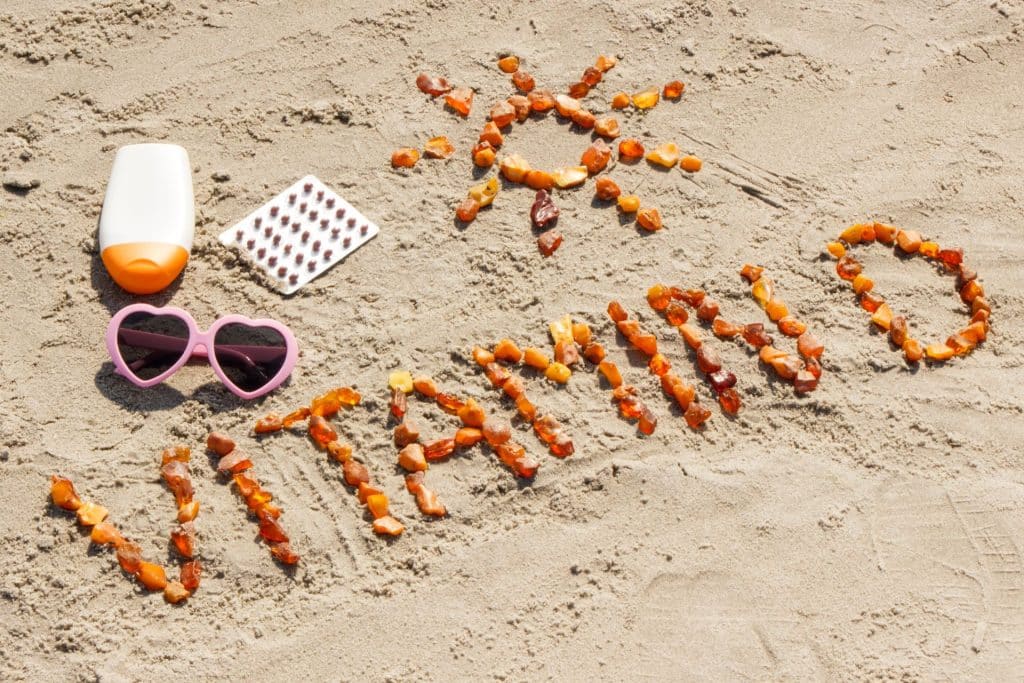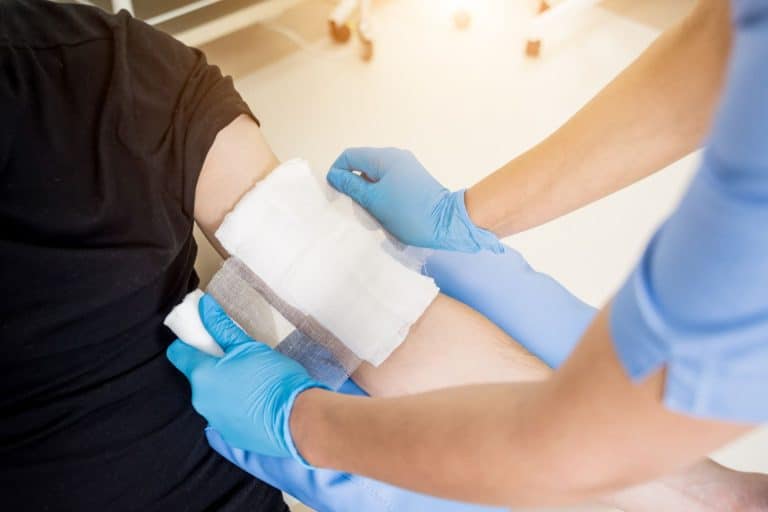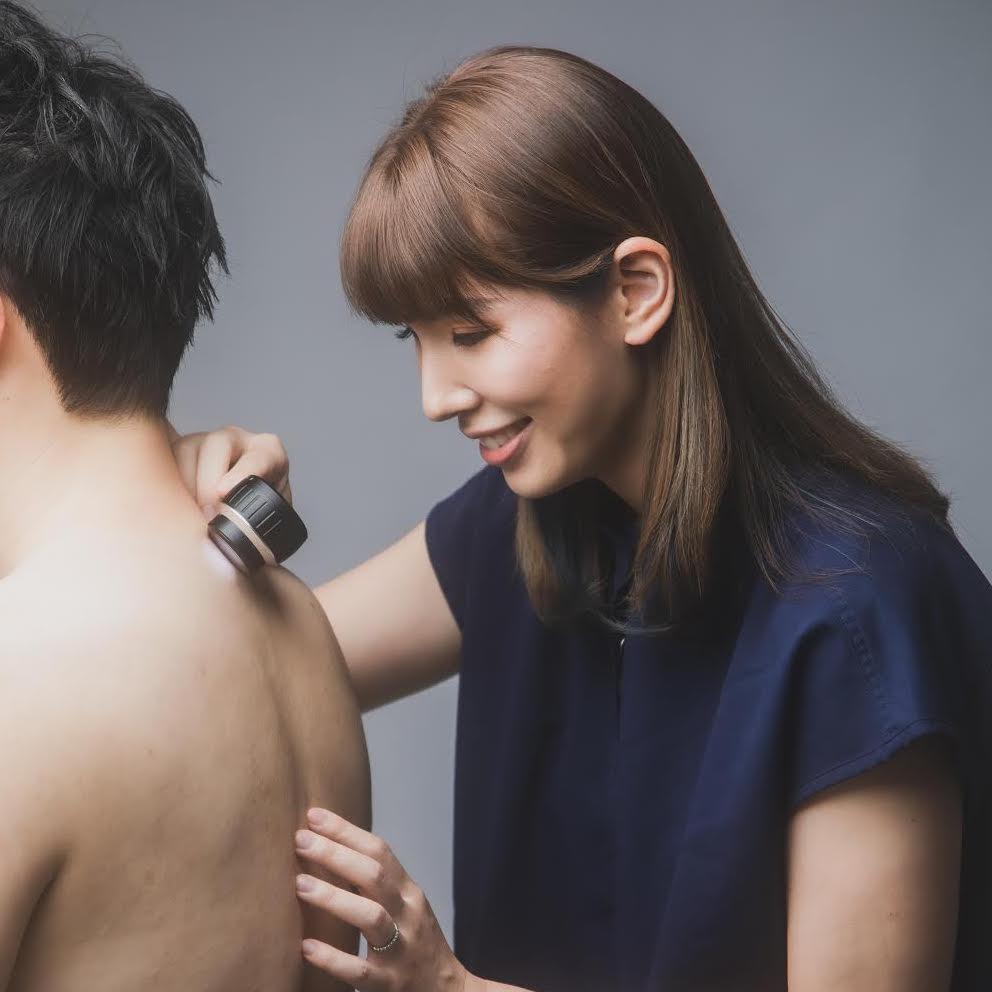At ISO Skin Cancer Clinic, we frequently receive questions about vitamin D deficiency and its relationship with bone health, immune function, and even skin cancer risk. While vitamin D is essential for overall health, balancing sun exposure with the risk of skin cancer is crucial.
In this article, we will explore the effects of vitamin D deficiency, the role of supplements, dietary sources, and safe sun exposure practices.
What Effects Can Vitamin D Deficiency Have on My Health?
Vitamin D is essential for calcium absorption and bone health. When vitamin D levels are severely low, it can lead to serious health problems, including:
1. Bone Disorders
- Rickets in children – A condition causing soft, weak bones and skeletal deformities.
- Osteomalacia in adults – Leads to bone pain, muscle weakness, and an increased risk of fractures.
2. Increased Risk of Falls and Muscle Weakness
- Studies show that moderate vitamin D deficiency is linked to reduced muscle strength, increasing the risk of falls in older adults.
3. Links to Chronic Diseases
While research is ongoing, low vitamin D levels have been associated with:
- Autoimmune diseases (such as multiple sclerosis and rheumatoid arthritis).
- Cardiovascular disease (some studies suggest a link between vitamin D deficiency and heart disease, but the exact relationship remains unclear).
- Certain cancers, including colorectal, prostate, and breast cancer (the evidence is mixed, and low vitamin D may be a marker of poor health rather than a direct cause).
- All cause mortality – Some studies suggest that vitamin D deficiency may be linked to higher mortality rates, but causation has not been firmly established.
While severe deficiency can have serious consequences, even moderate vitamin D deficiency can impact overall well-being and immune function.
Should I Take Vitamin D Supplements?
For those with severe deficiency, vitamin D supplementation is essential.
A daily dose of 1000 IU of vitamin D3, combined with adequate calcium intake, is recommended to:
- Improve bone mineral density.
- Reduce fracture risk in older adults.
- Support muscle function, reducing the likelihood of falls.
However, supplementation should be tailored to individual needs. If your vitamin D levels are severely low, a higher dose may be required initially, followed by maintenance therapy.
Always consult a healthcare provider or dermatologist at ISO Skin Cancer Clinic before starting supplements, especially if you have a history of skin cancer or other medical conditions.

If I Take Supplements, What Dose and How Often Should I Have a Blood Test?
For severe vitamin D deficiency, your doctor may prescribe high-dose vitamin D therapy (e.g., 50,000 IU once a week for 8 – 12 weeks), followed by a maintenance dose of 1000 – 2000 IU per day.
Monitoring Your Vitamin D Levels
- After 3 months of supplementation, a repeat blood test is recommended to check if levels have improved.
- Once your levels normalise, annual monitoring is usually sufficient.
- Individuals with chronic deficiency or conditions affecting vitamin D metabolism (e.g. kidney disease) may require more frequent testing.
Excessive vitamin D supplementation can be harmful, so regular monitoring ensures that levels remain within a safe and effective range.
Can I Take Too Much Vitamin D? How Much is Too Much?
Yes, excessive vitamin D intake can lead to toxicity (hypervitaminosis D). However, toxicity is rare unless doses exceed 5000 IU per day for an extended period.
Symptoms of Vitamin D Toxicity
- Hypercalcemia (excess calcium in the blood), which can cause:
- Nausea and vomiting
- Frequent urination
- Kidney stones
- Confusion or fatigue
- Hypercalciuria (high calcium levels in urine), increasing the risk of kidney damage.
The recommended safe upper limit for daily vitamin D intake is 4000 IU for adults. While toxicity is unlikely at doses below 5000 IU/day, it is important to take only what is needed based on your blood test results.
Is a Diet Rich in Vitamin D Enough to Correct a Deficiency?
The Truth: Diet Alone is Not Enough
While foods rich in vitamin D can support overall health, dietary intake alone is unlikely to correct severe deficiency.
Vitamin D-Rich Foods:
- Fatty fish (salmon, mackerel, sardines).
- Egg yolks.
- Fortified dairy products (milk, cheese, yoghurt).
- Fortified cereals and orange juice.
Since most people do not get enough vitamin D from food alone, supplements and sun exposure remain the most effective ways to maintain adequate levels.

Are There Any Natural Ways to Improve Vitamin D Levels?
Sun Exposure: A Natural Source of Vitamin D
UVB rays from the sun trigger vitamin D production in the skin. However, balancing sun exposure with skin cancer risk is crucial.
How Much Sun Exposure is Safe?
For fair-skinned individuals:
- Summer: A short walk with arms and legs exposed for 10–15 minutes in mid-morning or late afternoon can help.
- Winter: Expose as much skin as possible at noon on sunny days.
For darker-skinned individuals, longer sun exposure is needed as melanin reduces UVB absorption.
Sun Safety Tips from ISO Skin Cancer Clinic
- Avoid excessive sun exposure between 10 AM and 4 PM.
- Wear SPF 30+ sunscreen if spending long hours outdoors.
- Never use tanning beds – they increase skin cancer risk.
Patients with a history of skin cancer should be extra cautious and prioritise supplements over direct sun exposure.
Key Takeaways: Managing Vitamin D Deficiency Safely
- Severe vitamin D deficiency can lead to serious health issues, including bone disorders, muscle weakness, and chronic disease risks.
- Supplementation is necessary in cases of severe deficiency, a dose of 1000 IU per day is generally recommended for maintenance.
- Excessive vitamin D intake can lead to toxicity, so doses should be monitored carefully.
- Diet alone is not enough to restore vitamin D levels, but it can support overall health.
- Sun exposure is a natural source, but care must be taken to balance vitamin D production with skin cancer risk, especially for high-risk individuals.
Book a Consultation at ISO Skin Cancer Clinic
At ISO Skin Cancer Clinic, we specialise in skin cancer prevention and safe sun exposure practices.
👉 If you have concerns about vitamin D levels or skin cancer risk, book an appointment today for a personalised assessment and expert guidance.
Protect your health, protect your skin!






